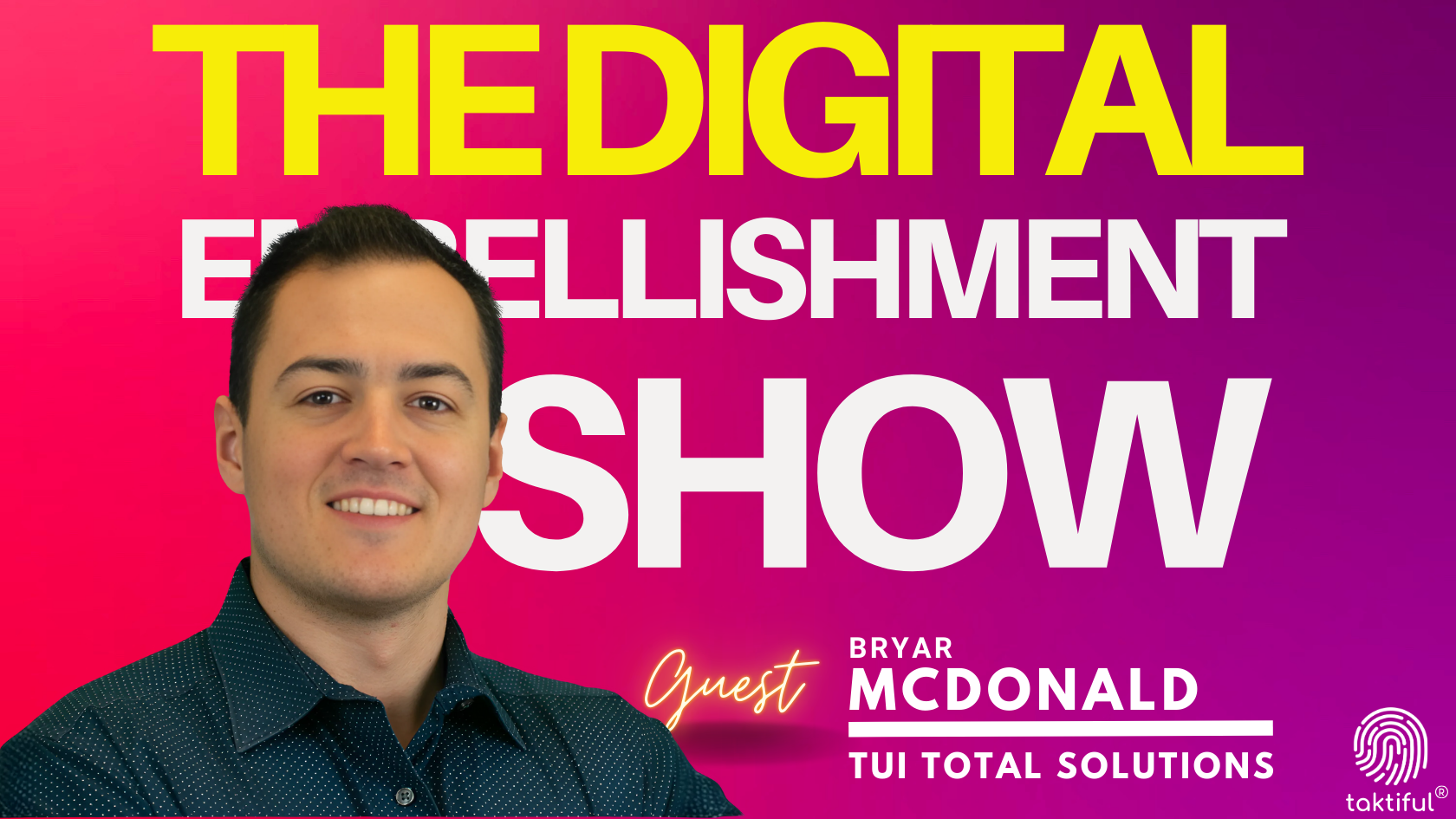Two Sides contests new report which claims that the UK Government could save £70 billion by going paperless
Press release from the issuing company
The report claims that the Government is wasting billions of pounds by relying on paper based documentation in public services. In order to 'remake the Government for the Digital Age', the report argues that the Government should eliminate paper and digitise its activities.
In the opinion of Two Sides, the report appears to ignore the clear choice that consumers express for paper based media for many types of documentation and the needs of millions of citizens without digital access.
Synopsis of the report
The Policy Exchange report ‘Smarter, Better, Faster, Stronger’ claims that ‘government is wasting billions of pounds by relying on paper based public services’. It asserts that government could save as much as ‘£70 billion by 2020 if it adopts plans to eliminate paper and digitalise its activities’. The report highlights what is perceived as ‘waste’, such as the Crown Prosecution Service printing one million sheets of paper every day, and other agencies printing off online forms and posting them back for signatures, which can be entirely digitised.
The mission of Policy Exchange is; ‘to develop and promote new policy ideas which deliver better public services, a stronger society and a more dynamic economy ’ and, in this report, it argues for a full government transformation to digital technologies which will close the gap in productivity between in the public and private sectors. Actions required include:
1. Root and branch digitisation of government activity
2. Developing a total data approach for government
3. Restoration for a culture of excellence and innovation in government
‘In the near future, everything the government does should be online, unless a face-to-face interaction is essential.’
The report claims ‘More than eight in ten people in the UK use the internet, and nearly six in ten own a smartphone’. Therefore, ‘Government should eliminate paper for interactions within and between departments, and switch exclusively to digital channels for public services that do not need a face-to-face interaction with the public’ . The authors call on the government to issue and accept electronic proofs, invest in digital and data skills of civil servants, and allow central teams to partner with high-tech start-ups.
Francis Maude, Minister for the Cabinet Office, says the report recognises the 'remarkable potential' of the savings available, “We estimate shifting government transactions to digital channels can save £1.2billion by 2015….This will deliver better value for hardworking families and better public services designed around users' needs. In future, all Government services will be fast, convenient, agile and digital by default."3
Chris Yiu, author of the report claims that ‘Switching to digital for everything the government does would generate billions of pounds worth of savings that could be used to cut the deficit or improve public services’.
Two Sides response
The promised financial and efficiency benefits claimed in the report will of course find enormous support with cash strapped Government Departments and any increased efficiency cannot be argued against. Yet this initiative appears to have a one-sided view which fails to take into account of the full impact that its implementation will have on UK citizens and the significant economic effect that digitisation is having on the print and paper related industries. Perhaps this is not a consideration for the authors of the report but Government needs to be wary of unforeseen downstream consequences.
In the UK, paper manufacture and printing employs 158,000 people and has a turnover of £21 billion - and this does not account for the enormous economic contribution from, and the thousands more employed in, the publishing, post and mail related industries. Therefore, before pursuing a digital agenda, Government must seriously consider not only the case for print and paper reduction but also arguments for its retention where it remains a vital and preferred means of communication.
The report fails to recognise that ‘33% of UK households do not own a computer’ therefore a move to online potentially leaves a significant number of citizens at risk.
According to ONS 2013 data, 7.1 million adults (14%) in the UK have never used the internet and 17% of UK households do not have internet access . This reflects a significant absence of digital capability for many citizens and is supported by a further study which estimates that 16 million consumers aged over 15 do not have basic online skills. It is therefore Two Sides contention that a properly printed and detailed paper communication is a continuing basic necessity for many to manage their expenditure and other affairs.
Independent findings of a recent report from Opinium Research reveal that often the most vulnerable members of society are those most dependent on traditional, postal, transactional mail. The move to an online-only society risks leaving the elderly, disabled, rural dwellers and those on low incomes disenfranchised.
Findings from a recent Two Sides survey show that consumers wish to retain the flexibility of postal and electronic communications; ‘89% of consumers want to be able to switch between paper and online without difficulty and cost, 48% state that postal bills offer more security and 46% say bills and statements printed on paper are easier to read than off a screen.’
Furthermore, with consumers, now at their cost, printing all or some of their bills and statements, the term ‘paperless’ must be challenged. 38% of UK consumers are clearly ‘home printers’ with 26% printing up to 20% of their important documentation like bills and statements and 7% printing out between 80% and 100%.
There is also clear evidence that electronic information gets the least attention and Two Sides research found that whilst half of all consumers say they read both e-bills and postal bills equally, of those who are receiving electronic mail only, the older generation is unlikely to read the majority of online bills and statements sent.
And what of consumer choice? An IPSOS survey commissioned by Two Sides in 2011 reveals that 80% of UK consumers prefer reading from paper than reading from screen, (83% of 18-24 year olds), and 74% believe paper is more pleasant to handle and touch than other media. 54% agreed paper records are more sustainable.
Two Sides research also exposed that 58% of consumers prefer to keep important documents on paper, (63% of 18-24 year olds), and 68% understand that Print Media is based on a renewable resource. With 71% of European paper being recycled the environmental arguments for paper use remain strong.
So it is important for policy makers to acknowledge that information on paper is preferred by many citizens and often receives more attention.
Research carried out by the National Audit Office found three main potential reasons why people choose not to use more online public services, these are; a preference for face-to-face contact, a broad unwillingness to provide personal information online and low awareness of some online public services. Of those surveyed, 17 per cent did not use the internet and, of those, 72 per cent do not intend to go online.
Two Sides urgently advises that policy makers and influencers keep consumer choice uppermost when considering future communication strategies and focus more on ‘digital where demanded’ rather than ‘digital by default’. Citizens must have the right to determine how they receive important communications and not be forced down a route that is inaccessible, unwanted or costly.
In reality we live in an increasingly digital world where electronic and paper based communications coexist and are often complementary. Communication strategies must not only be cost effective but also recognise citizen choice. There are many tangible benefits that paper based documentation can bring and its preference as a means of communication by many citizens must be at the forefront of the Government’s planning.
The Smarter, Better, Faster, Stronger report can be accessed here
- Questions to ask about inkjet for corrugated packaging
- Can Chinese OEMs challenge Western manufacturers?
- The #1 Question When Selling Inkjet
- Integrator perspective on Konica Minolta printheads
- Surfing the Waves of Inkjet
- Kyocera Nixka talks inkjet integration trends
- B2B Customer Tours
- Keeping Inkjet Tickled Pink
© 2024 WhatTheyThink. All Rights Reserved.















Discussion
Only verified members can comment.